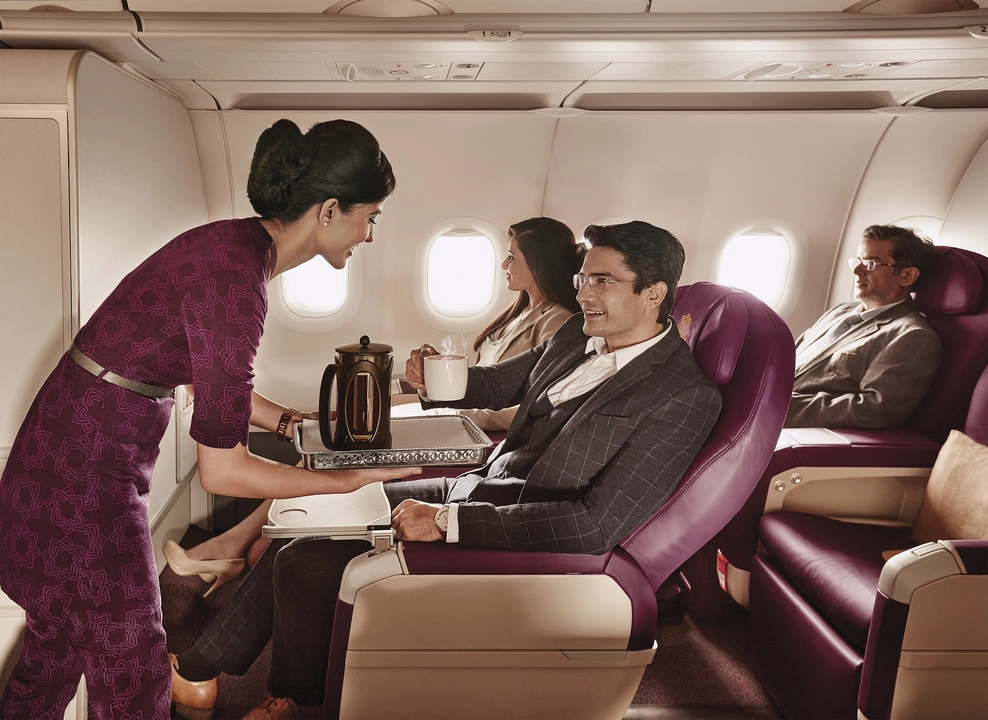Perception: Why What We See Isn’t Always Reality
Ever wonder why the same event can spark completely different reactions? It’s all about perception – the mental filter we use to interpret facts, images, and stories. In a world flooded with news, social media, and endless opinions, perception decides whether we trust a headline, book a hotel, or even vote for a leader.
How Perception Drives News Stories
Take the recent Google Gemini "Banana AI" craze. A senior IPS officer warned that uploading personal photos to unverified AI sites can lead to deepfakes and identity theft. Perception of the trend as a harmless meme turned risky when scammers exploited the hype. The same story can be seen as a tech breakthrough or a privacy nightmare, depending on the source you trust.
Political figures face the same battle. Some readers view Narendra Modi as the smartest prime minister ever, while others focus on policy missteps. Amit Shah’s strategic brilliance is hailed by supporters but dismissed by critics as raw power‑play. The perception gap shapes debates, election outcomes, and even international headlines.
Changing Perception in Hospitality
Hospitality relies on guest perception more than any other industry. A hotel’s online reviews can make or break bookings, even if the rooms are spotless. For example, the Hyatt Andaz Delhi advertises a sleek design, but if guests perceive the service as slow, the brand image suffers.
Tech trends also affect hospitality perception. When travelers hear about AI‑generated deepfakes, they become wary of sharing passport photos on hotel apps. Clear privacy policies and transparent data handling can shift that perception back to trust.
Even city vibes influence travel decisions. Moving to New Delhi sounds exciting because of food and culture, yet the perception of traffic jams and air quality can deter newcomers. Hotels that acknowledge these concerns and offer solutions – like air‑purifying rooms or shuttle services – win points in the guest’s mind.
What can businesses do? First, listen. Scan social chatter for recurring sentiment. Second, make facts easy to find – a simple FAQ about data use can correct misconceptions before they spread. Third, personalize experiences so that positive perception becomes personal, not just generic advertising.
In short, perception is a powerful driver of behavior. Whether you’re scrolling past a sensational AI trend, deciding who to vote for, or picking a hotel for your next trip, ask yourself: Am I seeing the whole picture, or just the angle someone wants me to see?
Airline Reviews and Comparisons

Is Air India considered a luxury airline?
In my latest blog post, I explored the question of whether Air India is considered a luxury airline. After thorough research, I discovered that while it offers some premium features and services, it may not quite reach the level of luxury compared to other top-tier airlines. Many passengers praise the airline for its comfortable seating and friendly staff, but there are some who find the overall experience lacking in terms of amenities and entertainment. In conclusion, Air India has its strengths, but it might not be the first choice for luxury-seeking travelers. Nevertheless, it remains a solid option for those looking for a comfortable and enjoyable flight experience.